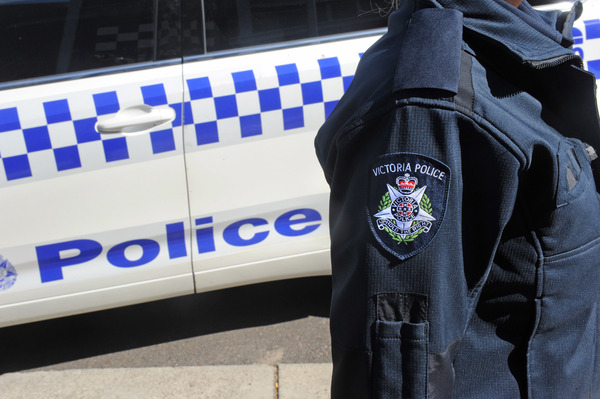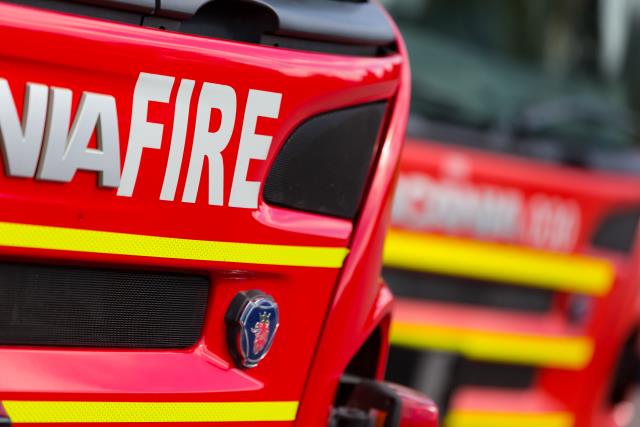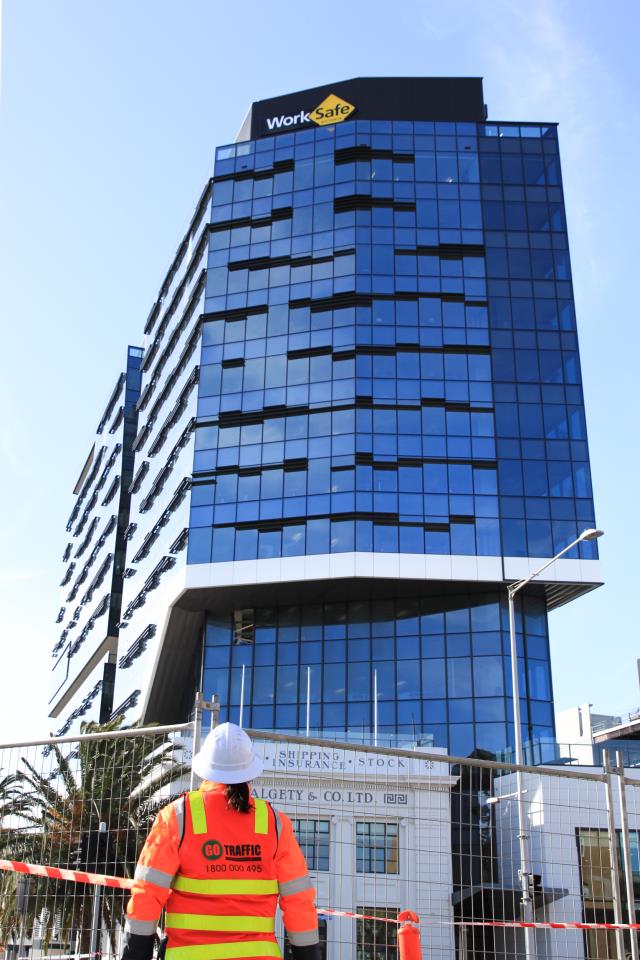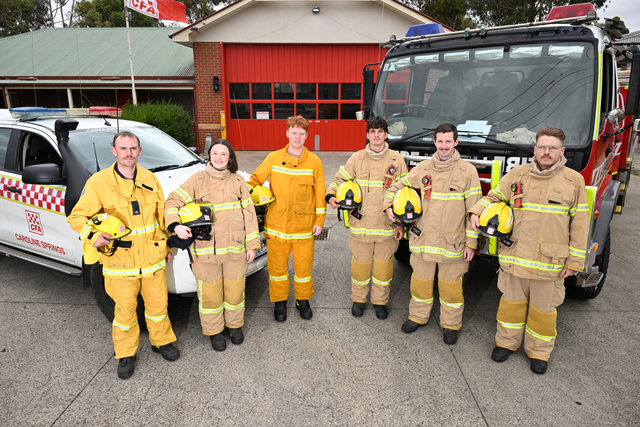Crimes that leave “severe and longstanding” impacts on victims have decreased across Brimbank, according to Inspector Trevor King.
Recent Crime Statistics Agency data revealed that in the year ending June, 2021, crime in the Brimbank municipality decreased by 8.1 per cent, with 14,357 offences recorded.
This is compared to the previous year’s 15,628 offences recorded.
Inspector King said the data revealed a reduction in crimes that left a big impact on victims.
“The latest crime statistics release indicate several crimes that leave severe and longstanding negative impacts on not only victims, but the entire community’s perception of safety, have reduced over the last 12 months in Brimbank,” Inspector King said.
“The reduction in these types of crime can be attributed to both the coronavirus pandemic and associated restrictions, as well as ongoing operations targeting high volume property crime such as burglaries and car thefts, as well as serious and violent crimes.”
Theft offences declined from 7770 in the year ending June, 2020, to 6159 in the year ending June, 2021, while assault and related offences, and burglary/breaking and entering, both decreased over the same period, from 1642 to 1471, and from 1375 to 1152 respectively.
Inspector King said ongoing operations continued to target offending in Brimbank.
“Brimbank police are determined to ensure offending remains as low as possible, with a number of ongoing operations underway to keep the community safe by detecting and deterring criminal offending and bringing offenders before the courts,” he said.
“Ongoing operations in Brimbank continue to target everything from non-violent offences such as hoon driving, which we know cause extreme annoyance and concern within the community, to youth gangs, who are responsible for committing some of the more serious and violent crimes.
“Police are also working hard to keep high volume property crimes such as burglaries and car thefts low, with regular proactive patrols in known hotspots, such as carparks, residential streets and transport hubs.”

















